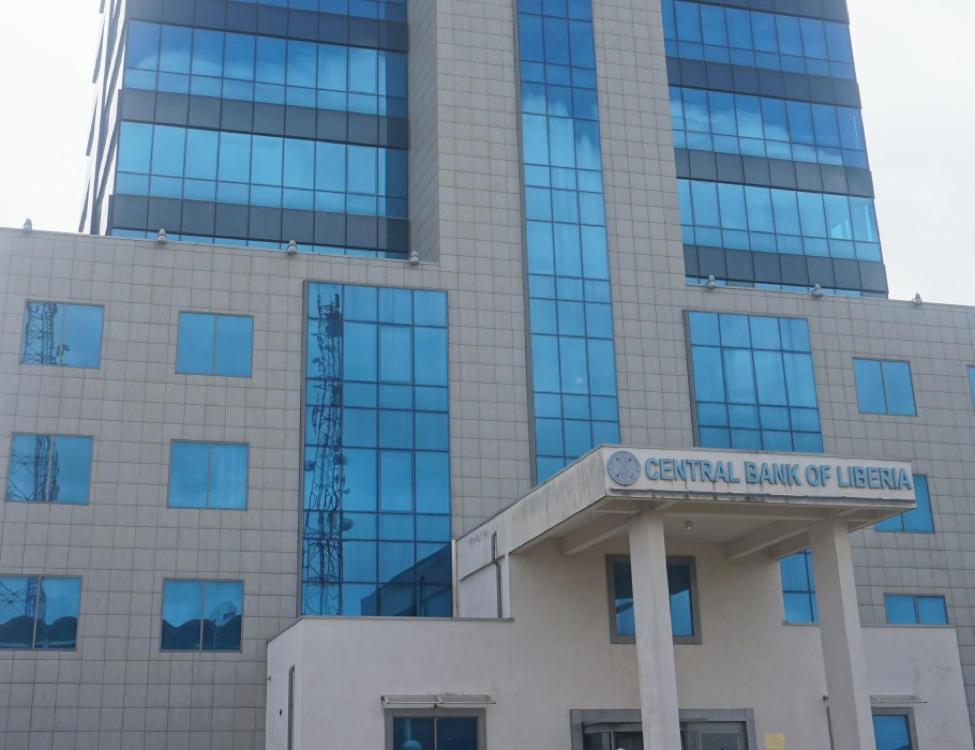The Central Bank of Liberia is two decades old. For most of this period, the CBL was successful in achieving its core mandate of “price stability in the Liberian economy.” But developments over the last few years have dampened the bank’s 20-year record, making reform an urgent priority. One of such reform measure is to amend the 1999 act that created the CBL. The new act, among others, should have an explicit dual mandate of price stability and maximum employment within the Liberian economy.
Inflation, which is a rise in the general price level, averaged 11 percent over the 1999–2019 period, according to estimates from the Fiscal and Monetary Institute that draw and improve on CBL data. For the four years between 2016 and 2019, average inflation was 18 percent, with pronounced variations in each year: 8.8, 12.4, 23.4, and 27.3 percent, respectively. The infusion of L$15.5 billion and little-to-no inclusive economic activities explain Liberia’s great double-digit inflation in recent years.
These developments led to an inordinate amount of public scrutiny. To cite one measure of this, visitation to the CBL’s library increased by more than 450 percent, from 54 researchers in 2018 to 255 in 2019. Local, regional, and global media reporting on a purported missing L$16 billion is another. Officially sanctioned investigations are still another.
On June 2, an amended CBL Act of 2020 was passed by the House of Representatives. Key amendments include empowering the bank with a sort of super autonomous status, establishment of a monetary policy committee to formulate monetary and exchange rate policies, and instituting a chief internal auditor as well as an external auditor, among others.
The Senate, specifically its Banking and Currency Committee, is conducting public hearings. Some senators have raised a number of contested issues, such as the dual role of the executive governor (who serves as the chief executive officer and chair of the Board of Governors) and operational inefficiencies— all of which may be resolved by a conference committee. Or alternatively, the Senate might pass its own version and send it to the House for concurrence.
In one of my grad macroeconomic courses, I recall the importance of keeping financial and economic legislation simple. In particular, I recall a passage from one of the readings in which the author was explaining his second of four reasons why he was won over by a landmark economic legislation in the United States:
The simpler a rule is, the fewer provisions there are and the less it costs to enforce them. The simpler it is, the easier it is for voters [and elected representatives] to understand and voice their opinions accordingly. Finally, the simpler it is, the more difficult it is for someone with vested interests to get away with distorting some obscure facet.
The new CBL Act should incorporate the principle of simplicity and have an explicit dual mandate of price stability and maximum employment. All other objectives seem to revolve around these two core mandates. With sub-regional and regional economic integrations on course, price stability would be (largely) assured, as is the case in the European Union today. The real work therefore would be creating jobs in the private sector.
This will require the CBL to actively work on bankable investment projects, solving, in the process, operational inefficiencies, increasing revenue, and spurring economic growth and development.
The best of laws are violated all the time but whether and how elected officials respond is what matters. In this light, the new CBL Act should incorporate the appearance of the bank’s head at least twice a year to inform Liberia’s elected representatives what their CBL is doing to achieve its dual mandate.
Featured photo by Jefferson Krua



